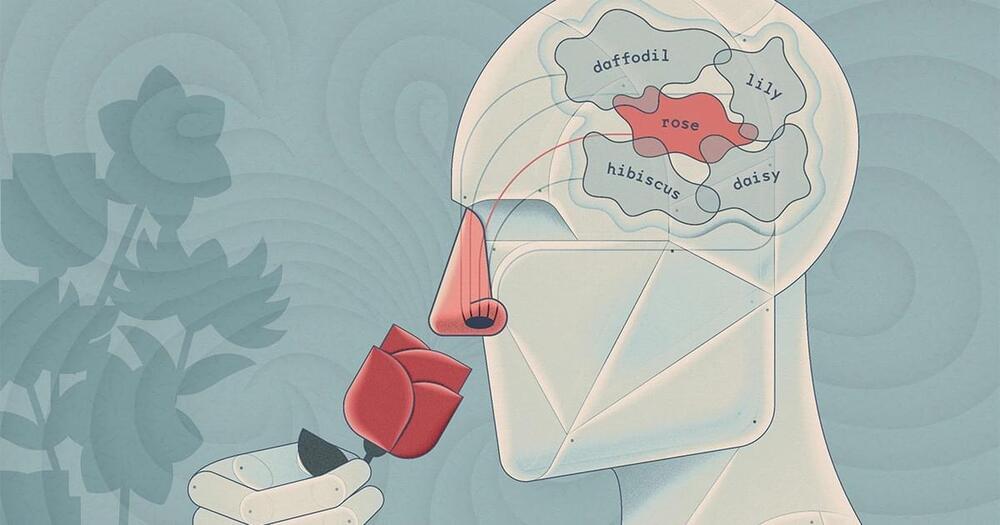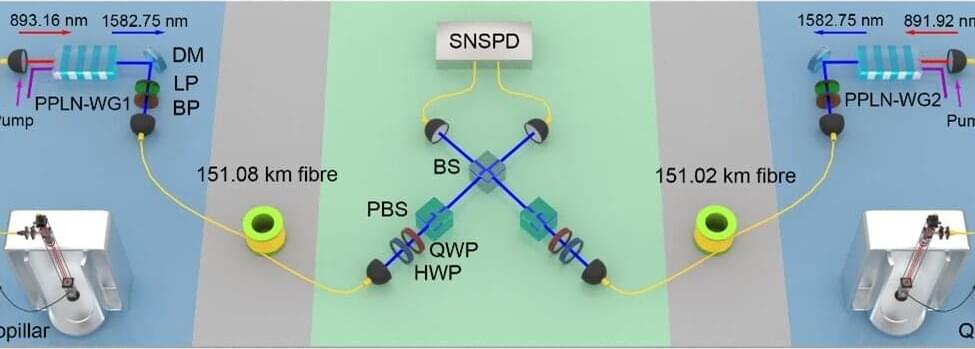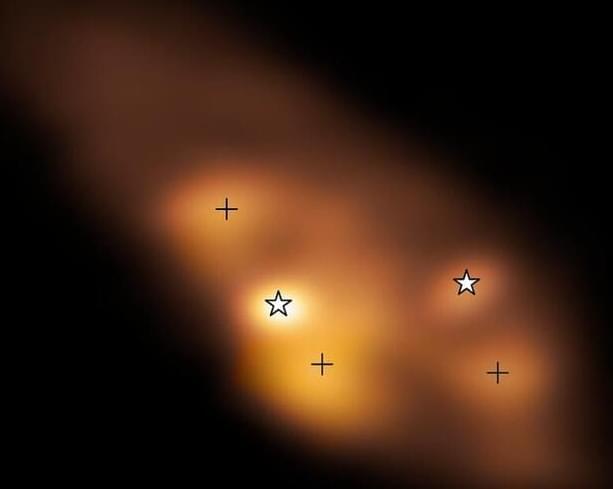Efforts to build a better digital “nose” suggest that our perception of scents reflects both the structure of aromatic molecules and the metabolic processes that make them.


“M-PESA”: that is a name in global fintech history that can never be erased. Not that anybody would want to. Forever it will be the perfect example of a viable financial ecosystem based on rules unthinkable before. A living masterpiece that was created by a mosaic of unique circumstances, choices and risks taken at a particular time and place, and that continues to evolve in the changes it brought to the country.
Since I’m neither a local, nor deeply involved with the African markets (yet), I would not dare to simply impose my DIY analytics on my readers. Instead, I invite you to listen to my conversation with M-PESA’s own Kevin Amateshe reflecting on Kenya’s digital financial services space, M-PESA’s role, the past, present and future: https://youtu.be/QlZuKwnsAS4
Carrying on from the video part, let us have a deeper look at M-PESA.


This year’s Nobel Prize in Physics celebrated the fundamental interest of quantum entanglement, and also envisioned the potential applications in “the second quantum revolution”—a new age when we are able to manipulate the weirdness of quantum mechanics, including quantum superposition and entanglement. A large-scale and fully functional quantum network is the holy grail of quantum information sciences. It will open a new frontier of physics, with new possibilities for quantum computation, communication, and metrology.
One of the most significant challenges is to extend the distance of quantum communication to a practically useful scale. Unlike classical signals that can be noiselessly amplified, quantum states in superposition cannot be amplified because they cannot be perfectly cloned. Therefore, a high-performance quantum network requires not only ultra-low-loss quantum channels and quantum memory, but also high-performance quantum light sources. There has been exciting recent progress in satellite-based quantum communications and quantum repeaters, but a lack of suitable single-photon sources has hampered further advances.
What is required of a single-photon source for quantum network applications? First, it should emit one (only one) photon at a time. Second, to attain brightness, the single-photon sources should have high system efficiency and a high repetition rate. Third, for applications such as in quantum teleportation that require interfering with independent photons, the single photons should be indistinguishable. Additional requirements include a scalable platform, tunable and narrowband linewidth (favorable for temporal synchronization), and interconnectivity with matter qubits.

As a general rule, if you want sight, you need light. You’re only reading this right now thanks to the light from your screen being beamed onto your retinas, converted into electrical signals, and sent up the optic nerve for your brain to interpret as a bunch of words and images.
But what if you could see things without all that rigamarole? It might sound impossible – perhaps even counter to the very definition of sight – but thanks to the bizarre world of quantum mechanics, it’s actually perfectly possible.
“Since the inception of quantum mechanics, the quest to understand measurements has been a rich source of intellectual fascination,” notes a new paper published this month.

Check out all the on-demand sessions from the Intelligent Security Summit here.
It’s as good a time as any to discuss the implications of advances in artificial intelligence (AI). 2022 saw interesting progress in deep learning, especially in generative models. However, as the capabilities of deep learning models increase, so does the confusion surrounding them.
On the one hand, advanced models such as ChatGPT and DALL-E are displaying fascinating results and the impression of thinking and reasoning. On the other hand, they often make errors that prove they lack some of the basic elements of intelligence that humans have.

What were the first moments of the Universe like? It’s a mystery that scientists have been trying to unravel for decades. The ALICE collaboration at CERN is a specialist in the subject: this detector (A Large Ion Collider Experiment) was designed to study quark-gluon plasma, a phase of matter that would have existed just after the Big Bang. And the team recently succeeded in recreating and characterizing this very first hypothetical material, using the Large Hadron Collider (LHC).

Nature, red in tooth and claw, is rife with organisms that eat their neighbors to get ahead. But in the systems studied by the theoretical ecologist Holly Moeller, an assistant professor of ecology, evolution and marine biology at the University of California, Santa Barbara, the consumed become part of the consumer in surprising ways.
Moeller primarily studies protists, a broad category of unicellular microorganisms like amoebas and paramecia that don’t fit within the familiar macroscopic categories of animals, plants and fungi. What most fascinates her is the ability of some protists to co-opt parts of the cells they prey upon. Armed with these still-functioning pieces of their prey, the protists can expand into new habitats and survive where they couldn’t before.
